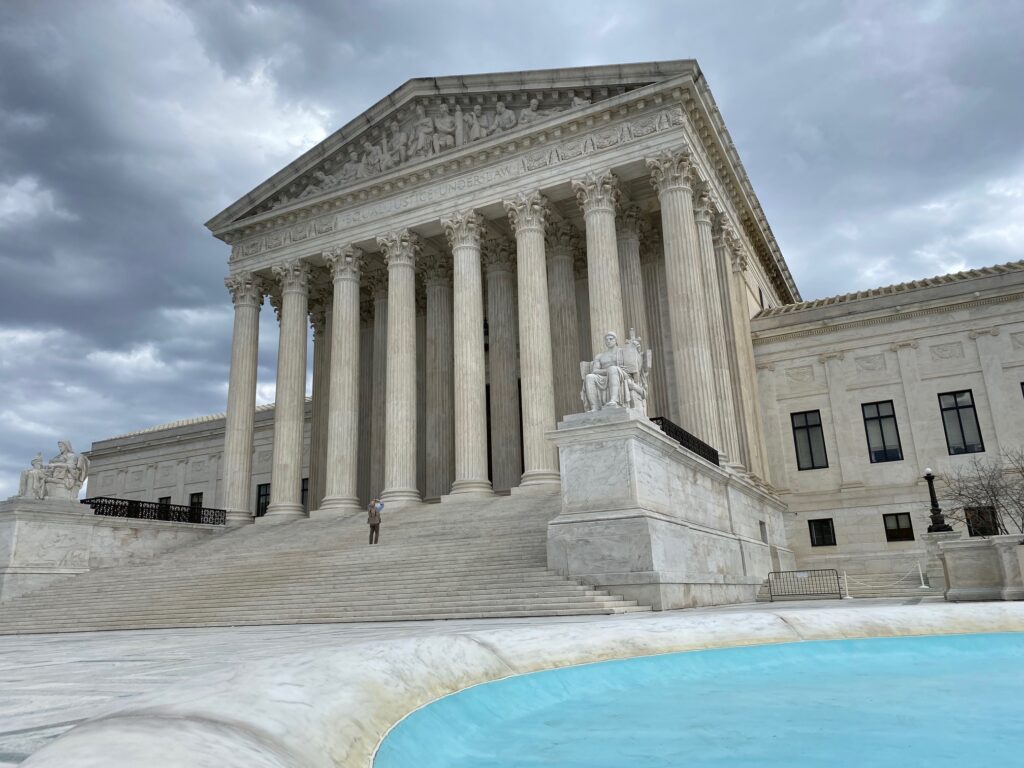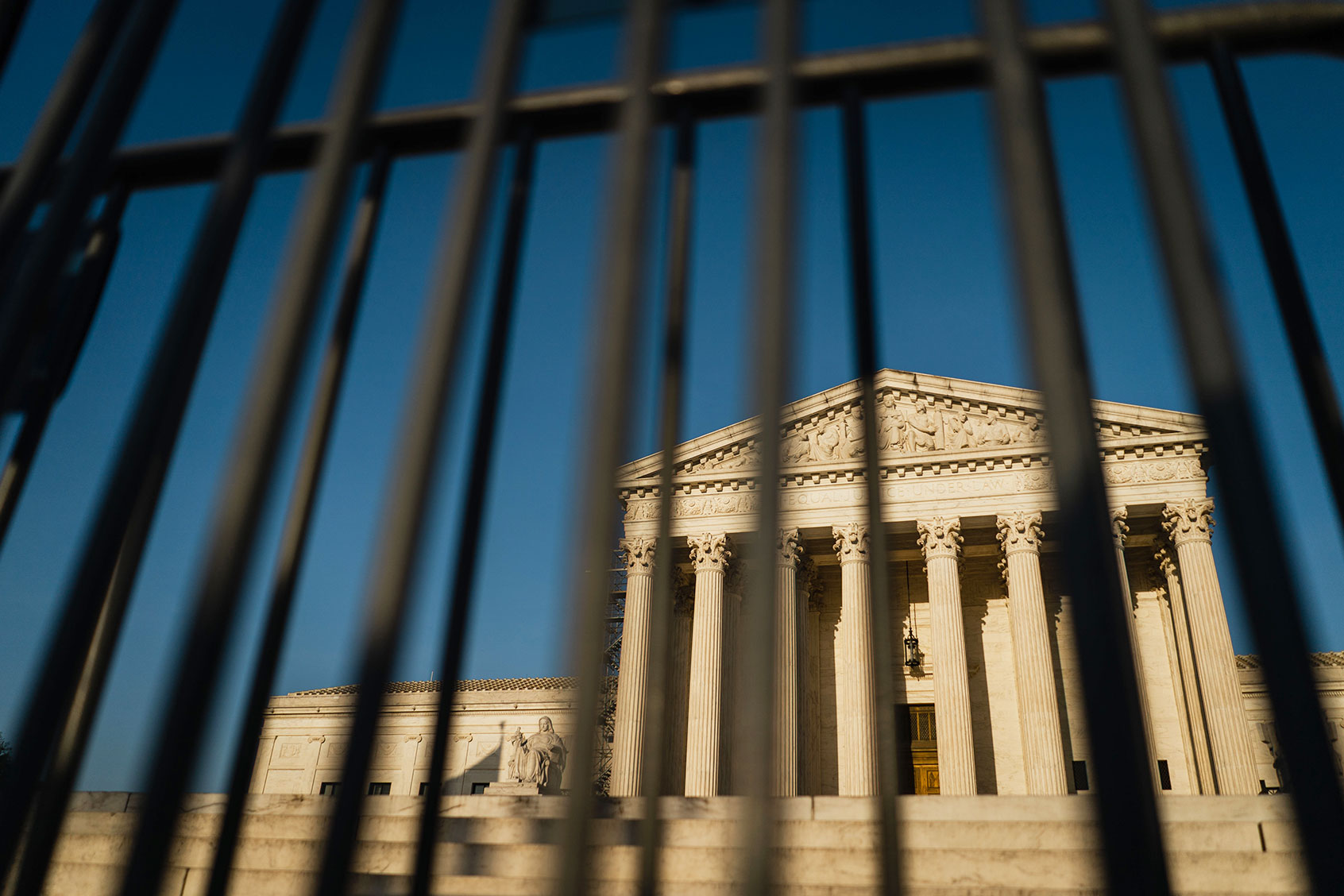On March 26, the U.S. Supreme Court is set to hear oral arguments concerning the safety of mifepristone, the primary drug used in medication abortions. The case involves the Alliance for Hippocratic Medicine and could potentially impose significant limitations on mifepristone access nationwide, even in states where abortion remains legal.
This situation unfolds against a backdrop of escalating restrictions following the Dobbs case, where medication abortion has gained prominence as a more viable option. According to a recent Guttmacher Institute report, medication abortions made up nearly 63 percent of all abortions in the United States in 2023, underscoring its increasing importance. Experts caution that such restrictions may extend beyond reproductive health, impacting broader societal domains.
The primary impact of potential restrictions would be on the mode of access to medication abortion, particularly via telehealth and mail-order prescriptions. Dr. Ushma Upadhyay of Advancing New Standards in Reproductive Health notes the crucial role of telehealth in overcoming barriers to care, especially for marginalized individuals. Data indicates a significant rise in telehealth medication abortions, with a notable portion attributing their access to timely care to this method.

Supreme Court (Credits: Colorado Newsline)
Dr. Kara Cadwallader, practicing in a state with stringent abortion regulations, highlights the reliance on telehealth and mail-order prescriptions, particularly for individuals in states with limited access to abortion services. Dr. Jennifer Kerns, echoing this concern, underscores the challenges faced by patients, including lengthy travels and logistical hurdles.
Potential limitations would not only affect access channels but also shorten the permissible timeframe for medication abortion, reducing it from 10 to 7 weeks of pregnancy. This adjustment could hinder access for those still in the process of confirming pregnancy viability or arranging resources for the procedure.
Furthermore, a ruling favoring the plaintiffs would revert to an outdated dosing regimen approved in 2000 by the FDA, potentially leading to increased failure rates and heightened discomfort for patients. This shift disregards evidence-based practices established since mifepristone’s approval.
Despite scientific consensus on mifepristone’s safety and efficacy, concerns persist that the Supreme Court’s decision may prioritize political agendas over scientific evidence. In the event of restrictions, responses would vary by state, with some clinicians considering off-label prescriptions where permissible, while others, bound by strict regulations, may face limited options.
The outcome of the Supreme Court’s decision holds significant implications for abortion access and reproductive healthcare nationwide, with potential ramifications extending beyond medical considerations.
























